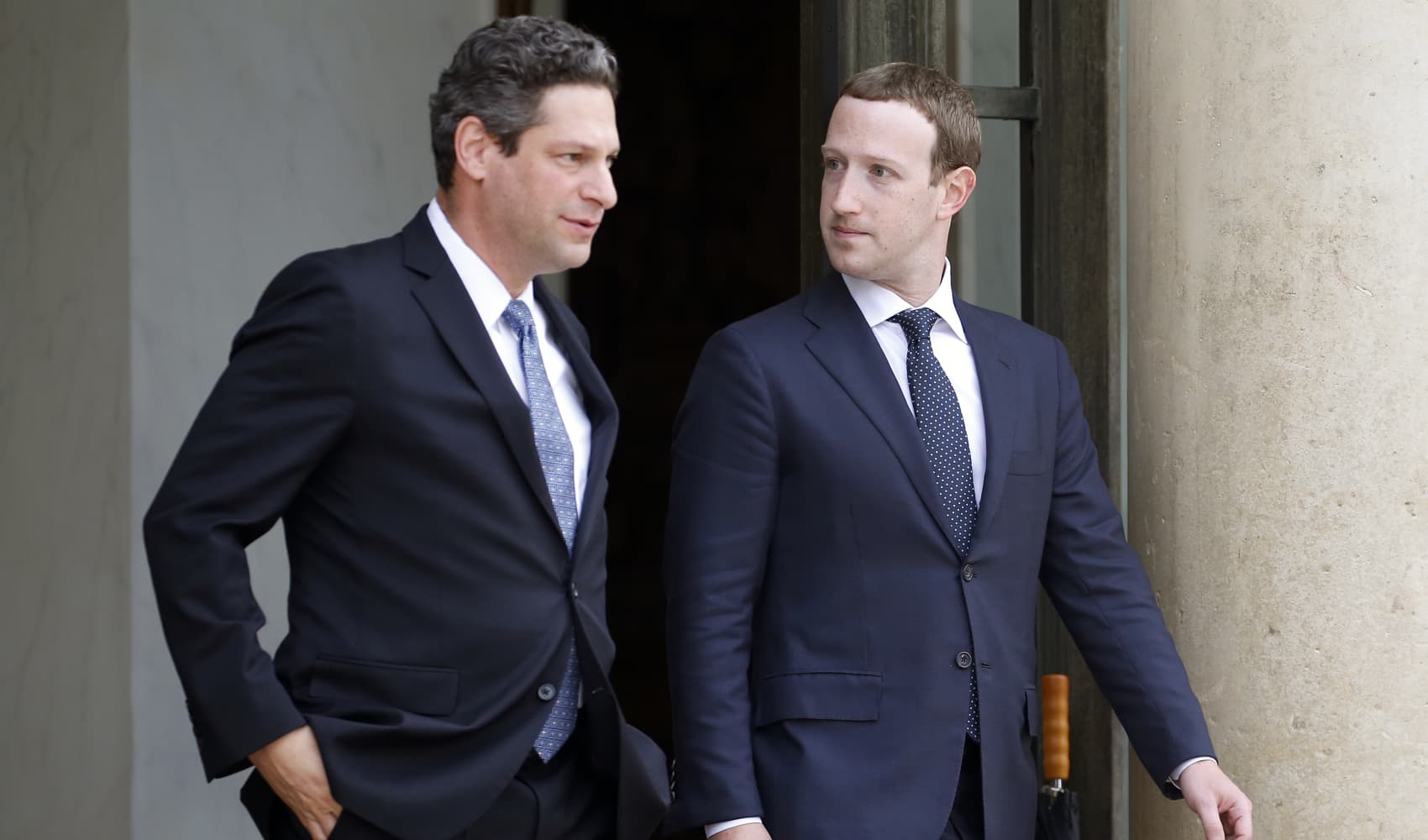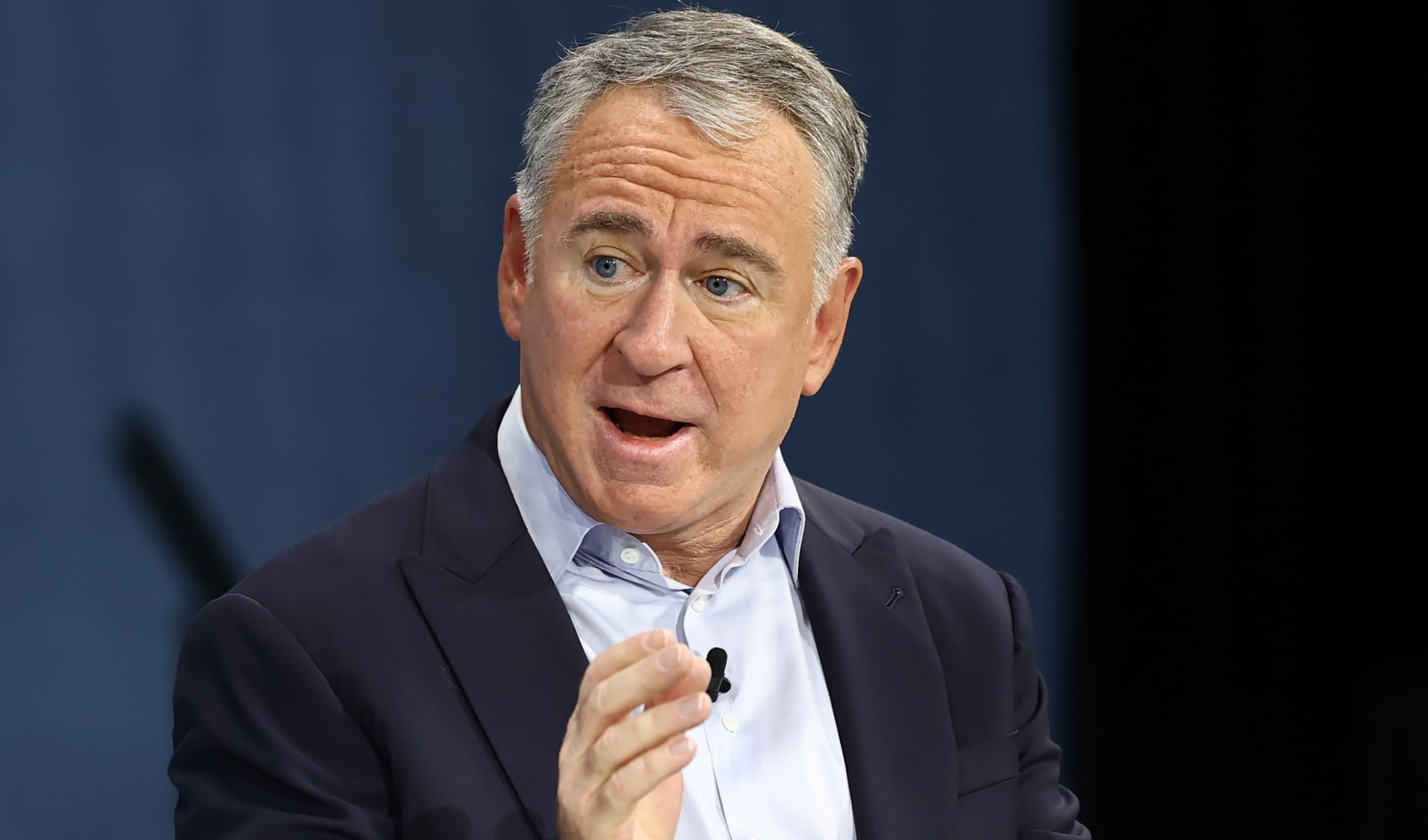
- The Roe v. Wade Supreme Court draft opinion leak will pressure corporations to take a stronger stand on women's reproductive rights.
- Some major brands including Apple, Citigroup, Salesforce, and Yelp had already made health benefits changes in the wake of recent strict state-level abortion laws.
- One activist investor said to expect a SCOTUS "tsunami" from corporations and a focus on health benefits can be the best way to respond directly in a sensitive political situation.
With the Supreme Court draft decision leak increasing the likelihood of Roe v. Wade's demise, companies are under pressure to adopt more favorable employee policies with respect to women's reproductive rights.
In recent months, several companies including Apple, Citigroup, Salesforce, and Yelp have spoken out or announced shifts in their benefits policies amid several state-led efforts aimed at restricting or banning abortion. Last week, Amazon announced new benefits, while a few companies, including JPMorgan Chase & Co., Goldman Sachs and Bank of America, have said they are reviewing existing policies in the wake of news that the nation's highest court is potentially on the verge of overturning the landmark case over abortion rights.
As the abortion debate intensifies, some corporate activists are urging companies to take prompt action to adopt more favorable reproductive rights policies ahead of any action by the Supreme Court. "Right now, it's a ripple, but it will become a wave, and once Roe is overturned, it will become a tsunami," said Andrew Behar, CEO of As You Sow, a non-profit shareholder organization.
Get Tri-state area news delivered to your inbox.> Sign up for NBC New York's News Headlines newsletter.
The corporate world is being monitored for what it is saying — or not saying publicly. Among corporate giants who have been mum on the issue, some may be concerned about stepping into a political landmine, or angering certain constituents. But experts in corporate social responsibility say that despite these concerns, it's important for companies to address the issue of reproductive rights head on.
"Public companies, whether they like it or not, are in the spotlight for this debate," said Carla Bevins, assistant teaching professor of business communication at Carnegie Mellon University's Tepper School of Business. "They will continue to set the example for other businesses," she said.
Money Report
Some companies have publicly urged other businesses to take a stand. "Given what is at stake, business leaders need to make their voices heard and act to protect the health and well-being of our employees. That means protecting reproductive rights," Levi Strauss & Co. said in a May 4 statement.
To be sure, taking a stand on a polarized issue such as abortion presents challenges for companies who are dealing with multiple constituents with differing opinions. That said, the message companies send doesn't have to be "overtly political," said Martin Whittaker, CEO of Just Capital, a research nonprofit which measures and seeks to improve corporate performance on environmental, social and governance factors. "If you're focusing on it as a health benefit issue, that's probably the safest ground," he said.
That's what Citigroup did, for example, and its CEO explained the company's stance in response to a question posed at its annual shareholders' meeting on April 26 about its policy of paying for employee travel related to seeking an abortion. "We know this is a subject that people feel passionate about. I want to be clear that this benefit isn't intended to be a statement about a very sensitive issue," CEO Jane Fraser said at the time.
Companies for years have been insuring abortion, and changing their policies now is consistent with that, said Shelley Alpern, director of corporate engagement at Rhia Ventures, which invests in reproductive health-care solutions that empower women. "They should take action now to mitigate what's coming," she said.
Yelp, in a statement provided to CNBC, called on Congress to codify the rights of women to make decisions over their own bodies. Yelp also said companies should "step up to safeguard their employees, and provide equal access to the health services they need no matter where they live."
Furthermore, company policies that pay for travel when it is required to receive health care are not limited to abortion, with Amazon among those noting coverage for travel related to many conditions, from cancer care to mental health and substance abuse, in cases where there is no medical option within a 100-mile radius of an employee's home.
For many years, Citi has offered a travel benefit that typically enables employees to access specific health-care services, such as transplant, bariatric or orthopedic procedures, outside their local area.
"What we did here was follow our past practices," Fraser told shareholders. "We've covered reproductive healthcare benefits for over 20 years. And our practice has also been to make sure our employees have the same health coverage, no matter where in the U.S. they live. So, to that end, we've had a practice of reimbursing travel for many years. We respect everyone's views on this subject," she said.
This approach to employee health benefits has been used by Walmart for years, which has partnered with "centers of excellence" around the country to provide health-care services, and travel and lodging expenses, to employees for conditions including bariatric surgery, spine and heart health, cancer care, and other conditions.
It would be naive to think any response to the Supreme Court decision, even one focused on a company's own employees, will be able to entirely avoid the political fray. Republican Senator Marco Rubio of Florida introduced legislation last week to use the tax code to penalize companies that offer additional health and travel coverage.
In the meantime, companies that withhold their plans from stakeholders, including employees, investors and customers, risk making a mistake, according to corporate responsibility experts. A company's prolonged silence could easily backfire and cause a loss of credibility with employees, consumers and shareholders.
Whittaker pointed to the recent cautionary tale of Disney. The media giant faced intense scrutiny from employees and the public for its initial reluctance to speak out against Florida legislation nicknamed "Don't Say Gay."
The company's leadership said it had thought it was better to work behind the scenes, but later promised to support efforts to strike down the controversial law.
"What we saw with Disney is that if you're too behind the scenes, it actually looks like betrayal," said Cait Lamberton, the Alberto I. Duran Presidential Distinguished Professor of Marketing at The Wharton School.
Companies that don't act promptly could ultimately have trouble attracting and retaining top talent. If you're at the top of your class at Harvard, and you get two offers from prominent companies, and one has a favorable policy and the other doesn't, employees are likely to choose the one with the favorable policy, Behar said.
Moreover, as expanded benefits become the norm, companies that are slow to act could face ripple effects. "If an employee who works for a company that doesn't offer the benefits ends up with a $2.3 million bill after having these experiences, that will make for a very powerful story and will keep drawing attention to the company's decisions," Lamberton said.
Taking a stance could be especially important for companies who routinely promote ideals specific to health, like wellness, and broader aims of equality and independence as part of their public persona.
"You can't hold yourself up as a brand that supports certain outcomes in society and stay silent on an issue like this. It just doesn't make sense," Lamberton said.
—By Cheryl Winokur Munk, special to CNBC.com






